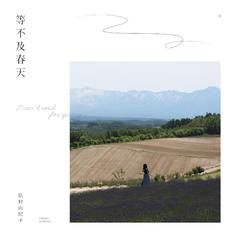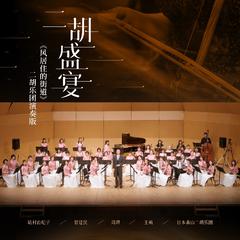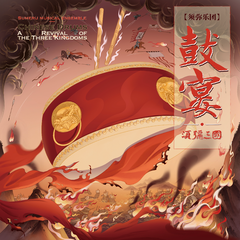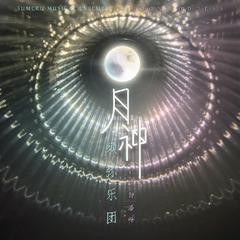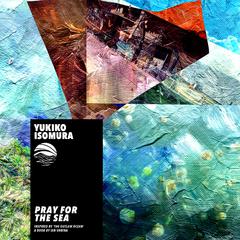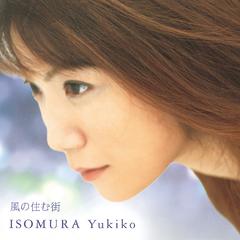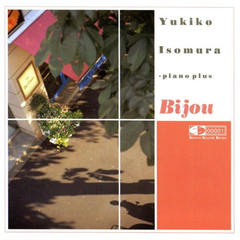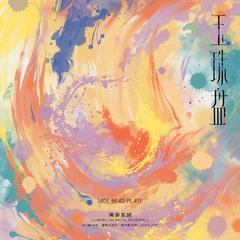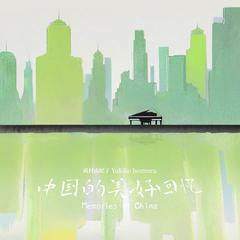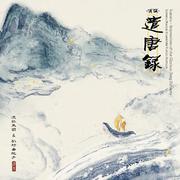
须弥·遣唐录(Sumeru - Impressions of the Glorious Tang Dynasty)
歌手:须弥乐团、矶村由纪子Yukiko Isomura、磯村由紀子
发行时间:2024-06-21
发行公司:星外星音乐
须弥乐团、矶村由纪子《须弥·遣唐录》
Sumeru Musical Ensemble, Yukiko Isomura
Sumeru - Impressions of the Glorious Tang Dynasty
OP/SP:布谷鸟音乐
出品方:布谷鸟音乐
发行方:星外星音乐
贞观四年,日本
须弥乐团、矶村由纪子《须弥·遣唐录》
Sumeru Musical Ensemble, Yukiko Isomura
Sumeru - Impressions of the Glorious Tang Dynasty
OP/SP:布谷鸟音乐
出品方:布谷鸟音乐
发行方:星外星音乐
贞观四年,日本舒明天皇第一次派出遣唐使,随着远航的船只被濑户内海的浪涛推进对马海峡,日本开启了一场横跨三个世纪的遣唐之路。
《须弥·遣唐录》是布谷鸟音乐旗下新民乐乐团须弥乐团,联手日本作曲家、钢琴家矶村由纪子以及一众演奏家创作录制的一张关于百年“遣唐史”的音乐记事录。矶村由纪子根据自身的日式视觉,以及对中华文化的热爱和了解,创作出十首中日文化结合的精品之作。专辑选用了尺八、古筝、琵琶、二胡等传统中国乐器,并加上了钢琴、吉他等西方乐器进行演绎。
在曲目《奈良唐风》里,以古筝灵动的滚奏开场,日式曲调的笛音相和,一座“兼取唐长安、洛阳两京之长”的日本古都缓缓浮现。远方,使团向着博多的码头而行,登上了漫漫遣唐之路,在他们眼前,是夕阳下的浮光跃金,耳边是涛涛的海浪声和风声。矶村由纪子在《濑户内海之船》里,用吉他和钢琴述说着264年间的遣唐海路。而濑户内海,既是远航的起点,也是归家的灯塔。随着浪涛推移,时代更迭,长安的坊市制度得以在日本体现,《坊间戏》用钢琴、二胡与尺八欢快地合奏出长安坊间的满满人间烟火气,有趣多变的旋律如在讲述坊间流传的一件件奇闻轶事,让人忍俊不禁。
《长安绮梦绘卷》由全专曲目的精彩段落组成,意味着遣唐向来都不是几个人或是一代人的事业。无数遣唐使与唐朝文化数百年的联系,构成了日本浩浩荡荡的遣唐史。
“俱怀逸兴壮思飞,欲上青天揽明月”,唐朝向世界展现了文明中国拥有的自信、开放、大气、包容、向上的民族精神,铸造了炎黄子孙永远为之自豪的文化高地。矶村由纪子与须弥乐团在《须弥·遣唐录》中,用音乐诉说着唐朝文化的璀璨与繁华,以及日本遣唐使眼中源远流长的中华文化。
In the fourth year of the Zhenguan era, Emperor Shōmu of Japan sent the first envoy to Tang Dynasty. With their ships pushed by the waves of the Seto Inland Sea into the Tsushima Strait, Japan embarked on a diplomatic mission to China that spanned three centuries.
“Sumeru - Impressions of the Glorious Tang Dynasty” is a musical chronicle album created and recorded by the Sumeru Musical Ensemble, a Chinese new folk music group under the label Cuckoo Music. Collaborating with Japanese composer and pianist Yukiko Isomura, as well as a group of musicians, they produced a collection of music that commemorates the hundred-year history of “sending envoys to Tang”. Yukiko Isomura, drawing from her own Japanese perspective and her love and understanding of Chinese culture, created ten exquisite pieces that combine elements of both Chinese and Japanese cultures. The album features traditional Chinese instruments such as the chiba, guzheng, pipa, erhu, along with western instruments like piano and guitar for interpretation.
In the track “The Prosperous Nara”, the lively rolling sounds of the guzheng open the performance, harmonizing with the melodic flute tunes of Japan. The ancient capital city of Japan, which “incorporated the best of Chang’an and Luoyang”, slowly emerges. In the distance, the envoy heads towards the port of Hakata, embarking on the long journey of sending envoys to Tang. Before them, the flickering golden light under the setting sun, accompanied by the sound of waves and wind. In “The Bustling Port of Seto Inland Sea”, Yukiko Isomura uses guitar and piano to depict the 264-year maritime route of sending envoys to Tang. The Seto Inland Sea serves as both the starting point of the distant voyage and the lighthouse guiding their return home. As the waves move forward, eras change, and the “Square City System of Chang’an”finds its expression in Japan. In “The Flourishing Chang’an Streets”, piano, erhu, and chiba joyfully combine to perform the vibrant atmosphere of the streets of Chang’an, narrating the intriguing anecdotes passed down in the streets, bringing smiles to people’s faces.
“The Glory of Chang’an” consists of wonderful sections from the entire album, signifying that sending envoys to Tang was not merely the endeavor of a few individuals or a single generation. Countless envoys and their connections with Tang Dynasty culture over hundreds of years shape Japan’s grand history of sending envoys to Tang.
“With lofty aspirations and thoughts taking flight, desiring to ascend to the heavens and embrace the bright moon”, Tang Dynasty showcased the confident, open-minded, broad-minded, inclusive, and progressive spirit of civilized China to the world. It forged a cultural stronghold that the descendants of Yan and Huang will forever be proud of. Yukiko Isomura and the Sumeru Musical Ensemble, in “Sumeru - Impressions of the Glorious Tang Dynasty”, use music to recount the brilliance and prosperity of the Tang Dynasty culture, as well as the profound and enduring Chinese culture seen through the eyes of Japanese envoys.

